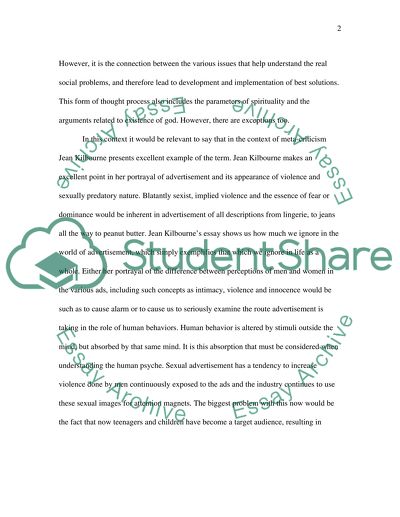Cite this document
(“Metacritical Thinking Essay Example | Topics and Well Written Essays - 2500 words”, n.d.)
Retrieved from https://studentshare.org/miscellaneous/1515099-metacritical-thinking
Retrieved from https://studentshare.org/miscellaneous/1515099-metacritical-thinking
(Metacritical Thinking Essay Example | Topics and Well Written Essays - 2500 Words)
https://studentshare.org/miscellaneous/1515099-metacritical-thinking.
https://studentshare.org/miscellaneous/1515099-metacritical-thinking.
“Metacritical Thinking Essay Example | Topics and Well Written Essays - 2500 Words”, n.d. https://studentshare.org/miscellaneous/1515099-metacritical-thinking.


